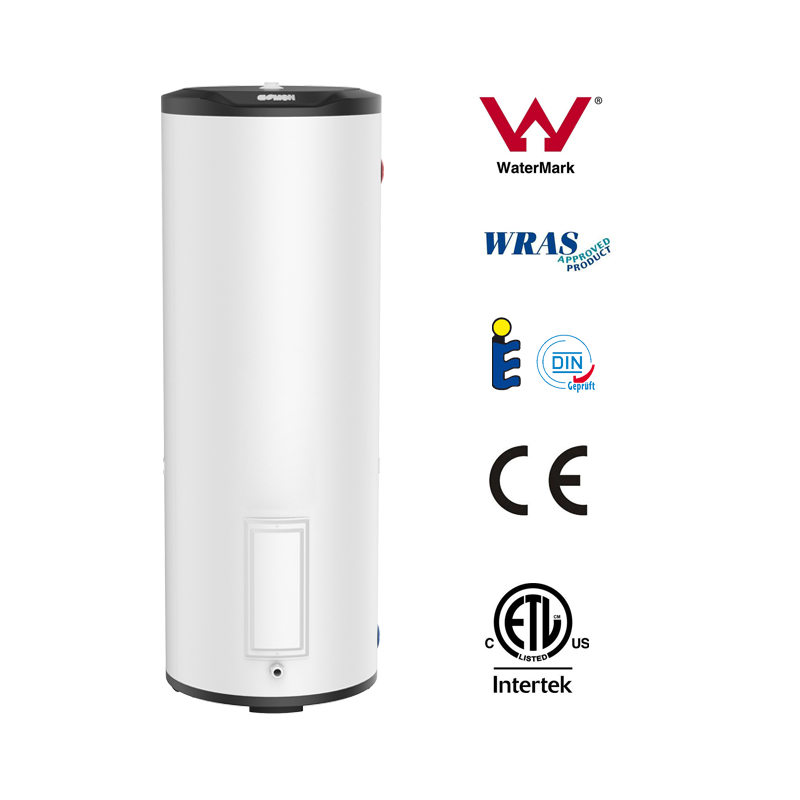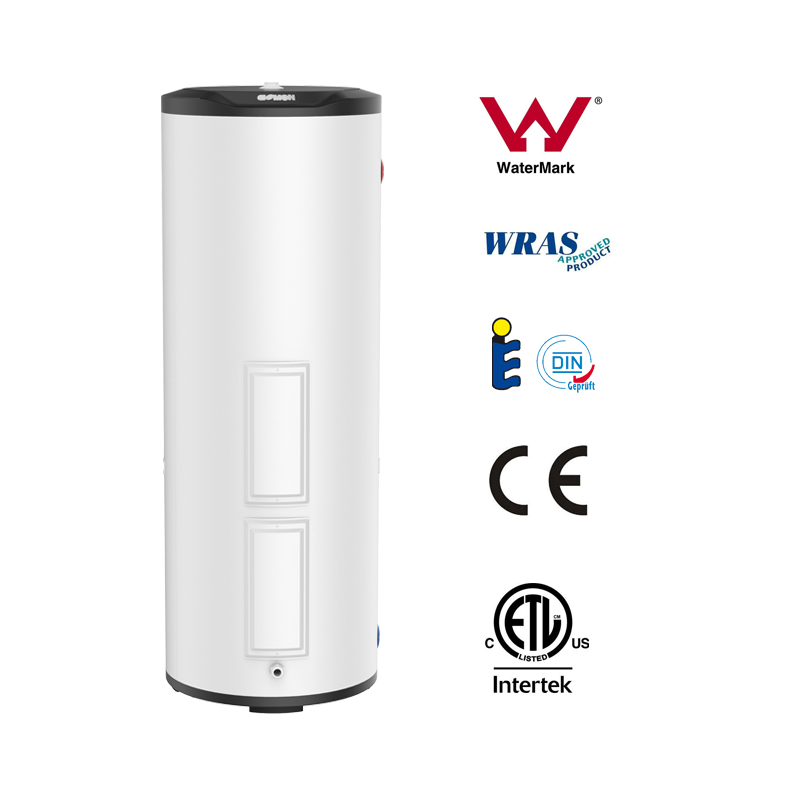Heating water in your house requires a lot of electricity. In fact, roughly 12 percent of an average home’s energy consumption is spent heating water. How much energy your own water heater consumes depends not only on how much hot water you use but also on the type of water heater you install. As such, when it’s time to install a new water heater in your home, it’s important to compare multiple options before making a final purchasing decision.
An industry leader in water heater innovation, GOMON electric tank water heaters are built with commercial-grade components for increased durability and reliability. All of our electric tank residential products have been thoroughly tested in our labs to help ensure long-lasting performance—giving you and your family peace of mind.
Pros of electric water heaters
There are many reasons that households should consider installing electric water heaters instead of gas water heaters; here are some of the biggest advantages that electric water heaters have against the competition:
Lower initial costs
Of all water heater options available on the market today, an electric water heater is likely to be your most affordable option when it comes to upfront price.
Importantly, the cost will largely depend on the size and type of water heater, regardless of the fuel used to power it. For instance, traditional tank water heaters are less expensive, while tankless, on-demand water systems tend to be more expensive upfront. Generally speaking, the price disparity between the types of hot water heaters is largely the result of the cost of installation.
Gas water heaters require additional piping and a new ventilation system to vent the exhaust coming from the combustion process. On the other hand, electric water heaters do not require this additional in-home infrastructure, so the installation process is both simpler and quicker. There is the possibility that your home may need an electrical upgrade prior to installing an electric water heater, which would make the installation process more expensive; however, such upgrades are uncommon when installing an electric water heater.
Efficiency
The best way to compare the efficiencies of various water heaters is to look at their respective energy factors (EF). This number evaluates how effective a water heater is at producing hot water, measuring how much fuel or electricity is required to heat your water. With the EF numbers in hand, comparing the efficiency of each type of water heater is quite simple: higher efficiency heaters will have higher EF numbers.
In the battle between gas and electric water heaters, electric water heaters win out from an efficiency perspective. Conventional gas water heaters typically have EF numbers ranging from 0.5 to 0.7, while electric water heaters can have EF numbers higher than 0.9. In general, most of the energy loss from gas water heaters occurs during the venting process, which is nonexistent in an electric water heater.
Safety
Both electric and gas water heaters are safe solutions for heating your water. That said, as with any appliance run on gasoline, water heaters are susceptible to gas leaks if they run on propane or natural gas. You can alleviate these risks by conducting proper maintenance and inspections of your gas water heater.
While electrical appliances have their own safety concerns, the chances of experiencing a gas leak are higher than witnessing any sort of electrical safety issue with a water heater.
Availability
Nearly every home is tied to the electric grid, and as such, they all have a readily available source for electricity (save for when the power grid is down). This means that just about any home can effectively use an electric water heater.
On the other hand, if you’re interested in installing a gas water heater, you’ll need to ensure that your home is connected to a natural gas line or has a propane supply source. If not, making these upgrades for the purpose of installing a gas water heater can be costly.


